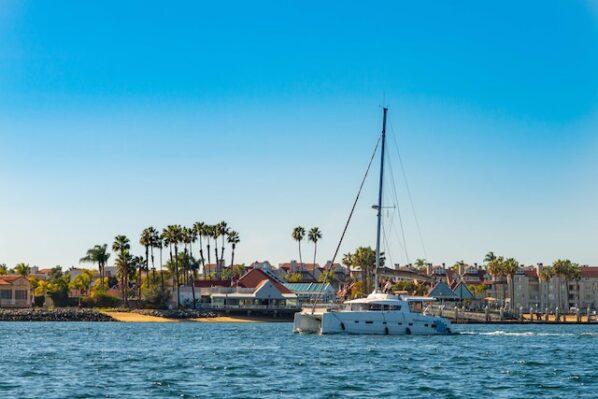A boat can be an amazing way to experience freedoms that only a small portion of the general populace gets to enjoy. As long as a vessel can remain fueled, is helmed by a captain with enough skill and the weather remains agreeable, having a boat grants a person access to 70% of the surface of the planet. To paraphrase Peter Parker’s Uncle Ben, “With great freedom comes great responsibility;” in other words, anyone looking to buy a boat owes it to themselves to do some research and be able to figure out solutions to the questions and issues presented below.
Do Not Forget About Maintenance Costs
No matter how good a deal a person may think they have from perusing the inventories of various boat dealers, there are additional costs that they will need to pay beyond the vessel’s purchase price. While taxes are an obvious additional cost when buying a boat, the costs involved in keeping a boat operational should always be taken into consideration. Generally speaking, boat owners spend about 10% of their purchase price on maintenance per vessel each year.
Also, unless a buyer understands the systems involved in their boat and how they can be repaired, that buyer will need a mechanic to notice problems and stop them from being problems. No one should buy a boat without having already done some investigation into a qualified mechanic.
A Buyer Should Consider When They Plan to Start Using Their Boat
A boat is a lot like a car in that it depreciates when it leaves the dealership’s property. While a particular boat may seem like the perfect vessel for the current season, there is a chance that the same boat will come up lacking in just a year or two. When one considers this sort of degradation of value, the most prudent decision is to buy a boat that will still be used several years down the line; any attempt at trading in an outdated boat for a new vessel is likely to still cost its owner a noticeable amount of money in the exchange.
Location, Location, Location
Anyone looking to buy a boat should be mindful of where they intend to use it. While depth is an obvious consideration, another factor that can be just as valid to think about is what the surrounding shoreline and seafloor are like. Anyone who plans to spend most of their time boating at sea should be mindful that salt water is much harsher to the condition of a boat’s hull than fresh water.
Concerns about location extend beyond just where a boat owner plans to enjoy their boat and include storage. Anyone looking to purchase a boat should already have a good idea of where they will be storing it when not in use. The three main boat storage options are a slip affiliated with a marina, a mooring, or a trailer.
- Slips entail a monthly fee of $150-250 per foot of boat plus the bills for water and electricity. There is also the issue of acquiring a spot with the nearest marina. Such spots can fill up rather quickly, depending on when the boat is purchased.
- Moorings have an even longer waiting period to gain a spot. While a marina might have someone waiting two or three years before they can have a shot at storing their boat with a slip, people can wait over a decade or more before they can use a mooring.
- Trailers may be the most affordable method for storage, but they carry additional, non-financial costs. Even a modest-sized boat can devour a decent amount of space on a property’s driveway or its backyard. Furthermore, towing that boat back and forth also risks diminishing the fuel efficiency of the other vehicle due to all of the additional weight and broader turning from transporting the boat.
Casting Off
It is one thing for a person to afford their dream boat, but quite another to keep using that boat years later. Interested buyers should understand how they will store their boats, how long they plan to use their boats, know a reliable mechanic for solving problems, and set aside enough money to routinely cover maintenance costs.



